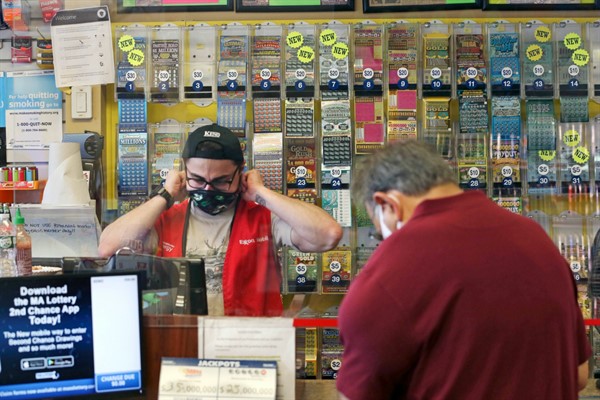In late April, Luca Esposito was reflecting, like many of us, on how the coronavirus pandemic had upended his family’s life. Esposito wrote in a blog post that his elderly father in southern Italy had turned to WhatsApp to order groceries, because he could no longer visit the store in person; that his children’s school had struggled to adapt to the demands of online learning; and how remote working, once a privilege of senior managers, in his view could become the norm.
As the executive director of the World Lottery Association, or WLA, a lobby group that represents national, state and provincial lotteries around the globe, Esposito had also seen his industry sustain blows in the early days of the pandemic. The near-simultaneous lockdowns on multiple continents beginning in February and March prevented lottery players around the world from playing their favorite games, from draw tickets to scratch cards. Like other businesses that depend on in-person sales, many lotteries saw their revenues take a big hit.
For the global lottery industry, however, the pandemic may also prove to be a business opportunity by accelerating and expanding a transition to greater online lottery play. Many industry lobbyists and politicians have long advocated such a transition, as well as the greater integration of physical and digital lottery sales, which could hook habitual in-store players on ever-more-convenient ways of buying tickets, attract younger customers, and allow lotteries to compile troves of data on players, which can in turn be used to drive further sales.

